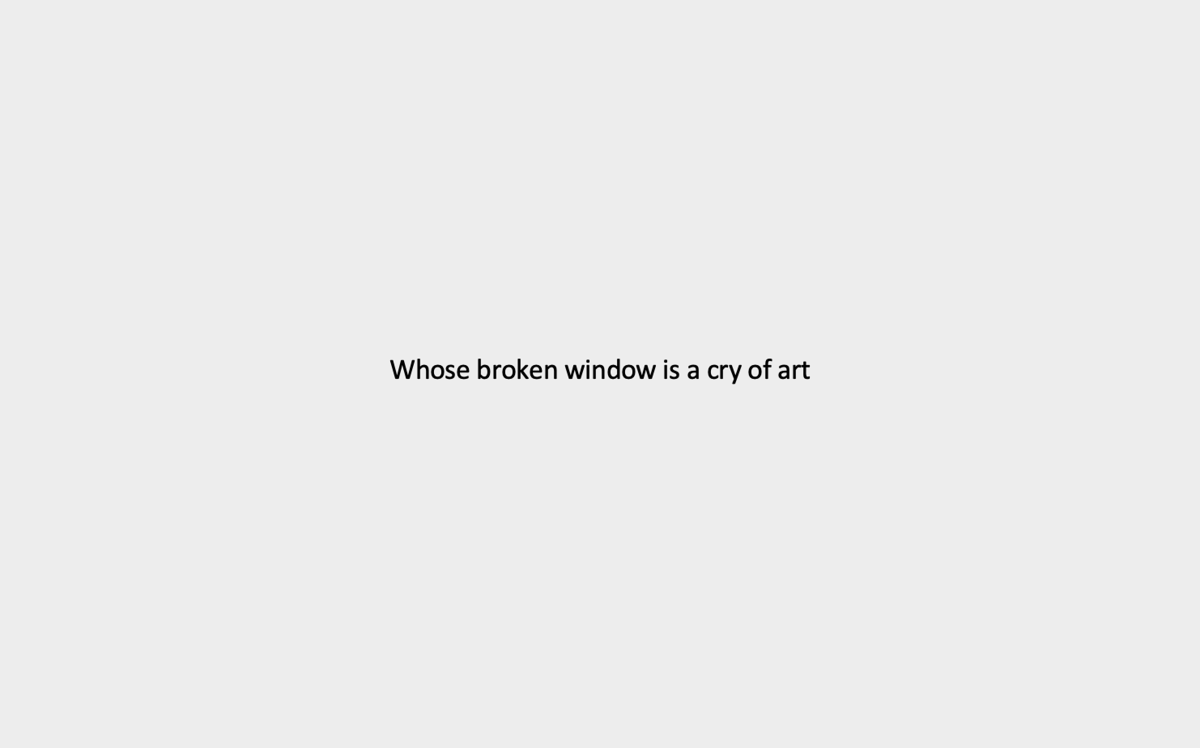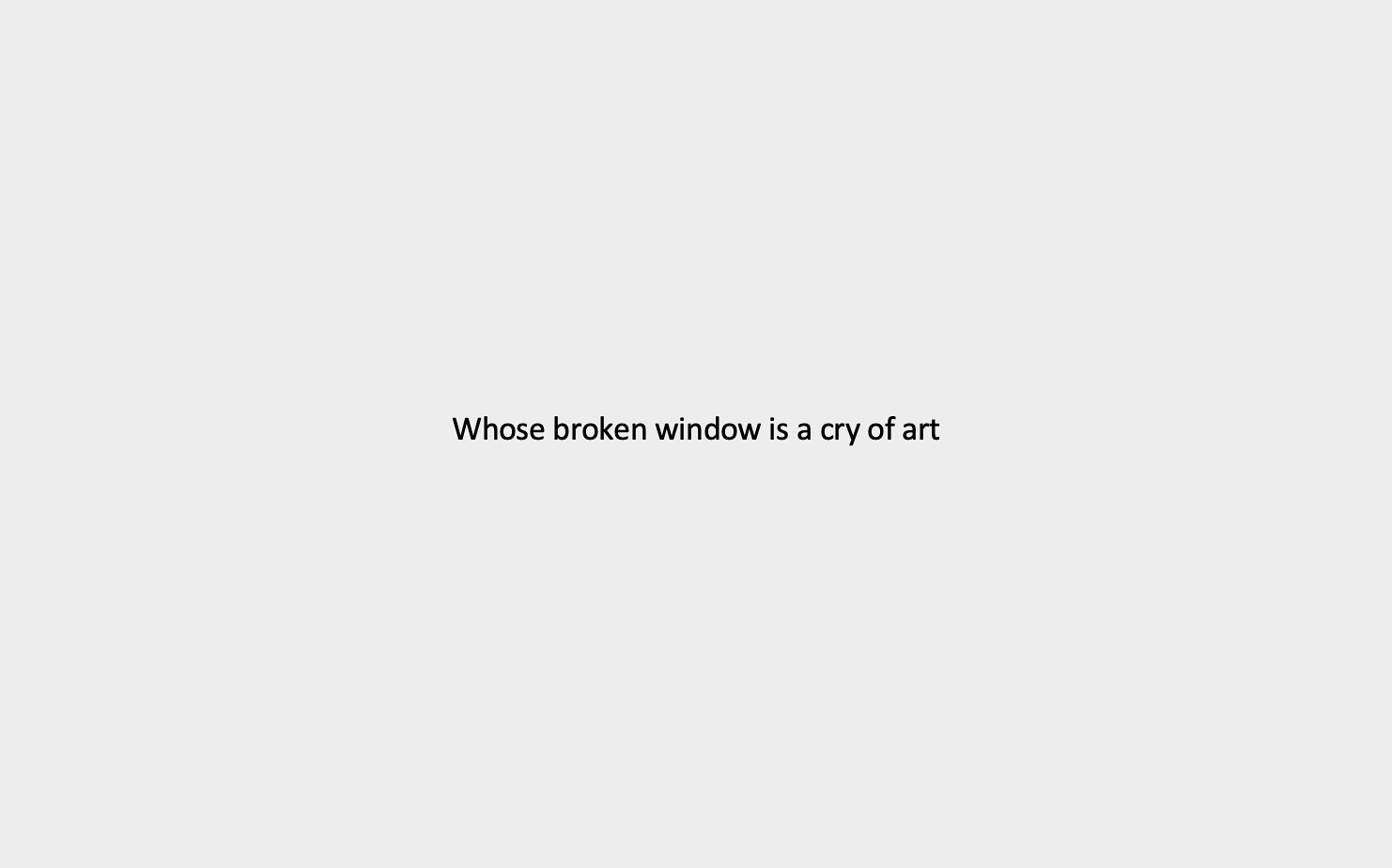Samuel Beckett’s exhortation to “try again,” “fail again,” and “fail better” might be familiar to readers of cultural criticism—to the extent that the quote is barred from this publication—but you don’t often hear it on CNN. Yet there it was at the weekend, as Cornel West eloquently anatomized the historic cycle of violence against “powerless, helpless, hopeless” communities in the United States and the recurring need to protest it.1
It is because Beckett’s phrase is so often abused to imply a single, forward pulse of progress (“don’t worry, everything inclines to the good”) that art-agenda’s style guide—honored here in the breach—recommends that it be treated with caution. The words serve no such purpose in their original context, in which to “fail better” might equally be understood as to move towards total failure (the novella’s title is, after all, Worstward Ho). West knows better, of course, and speaking on CNN he characterized the phrase as “the blues line of our Irish brothers.” Which is to say an expression of pain that, like a broken window, has been transformed into art.
Neither broken windows nor the blues are premeditated steps on the road to social progress. But they are transformative encounters: in Gwendolyn Brooks’s “Boy Breaking Glass,” the shattered pane is recast as art, the boy as artist, and the reader as implicated witness.2 Art is a “treasonable faith,” in the poem’s expression, because to recognize the boy’s act as such is tacitly to accept the need to overhaul a system in which the only channel for his feeling is the destruction of property. An audience that is moved by this encounter is morally obliged to assist in reforming the social relations that produced it.
West cites Beckett—and expresses fraternity with this white Irishman—not as a motivational soundbite but, in part, to illustrate how art can generate connections between individuals in otherwise incommensurable circumstances. The translation of one’s private experience into speech or symbols is flawed and even agonizing—a “cry,” in Brooks’s reading—but it remains the best, or the least worst, method at our disposal. Without communication there can be no collaborations. And “without collaborations,” as Anna Tsing has written, “we all die.”
The recent protests in the United States and around the world demonstrate not only the persistence of injustice but also, as West pointed out, that people will continue to resist it. This belief that symbolic expression can effect change, allied with the need constantly to interrogate that process, has animated recent pieces in art-agenda, from Rachael Rakes’s reflections on photographer Claudia Andujar’s collaborations with the Yanomami people to Jörg Heiser’s call for artists to practice a vocal solidarity predicated on support for the vulnerable.
The relationship between past and future has been much on the editors’ minds, as this month marks the tenth anniversary of art-agenda’s first publication. Observing the protocol for editors marking landmarks, we returned to that two-part review of the sixth Berlin Biennale, and were not surprised to find Michèle Faguet reflecting on “a time of historical crisis” shaped by factors including “the collapse of financial capitalism.” The more things change, this dip into the archive suggested, the more they stay the same. It might be an absurd as well as treasonable faith to believe that art criticism can facilitate the connections through which collaborations are built and change happens. But, as it enters its second decade, this publication will continue to reflect on the forms those transformative encounters take. Not in the expectation of success but from the need to keep trying.
“Try again. Fail again. Fail better.” Interview with Anderson Cooper, CNN (May 30, 2020). https://twitter.com/CornelWest/status/1266837267915530241.
The full text of “Boy Breaking Glass” can be accessed at the Poetry Foundation: https://www.poetryfoundation.org/poems/43322/boy-breaking-glass.

